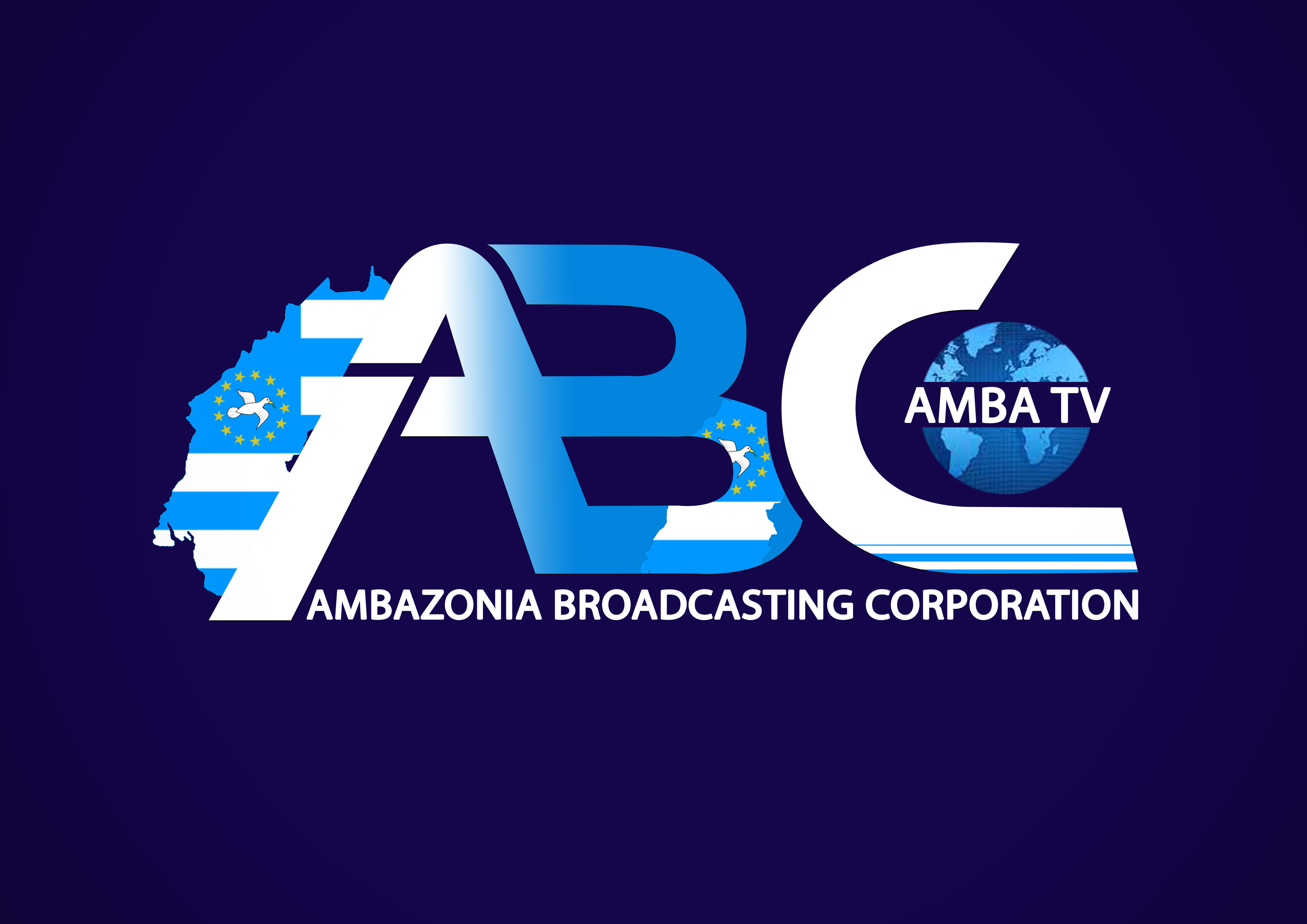
DIPLOMACY: IDENTIFYING AND CHOOSING A NEGOTIATOR
DIPLOMACY: IDENTIFYING AND CHOOSING A NEGOTIATOR
The SLP or CDN2-OTTAWA
By Bridget Muyang Fielding
Simply defined, diplomacy is the art of dealing with people (groups, nations) in a sensitive manner. It is more specifically about dealing with nations, solving interstate or international problems. Diplomacy seeks to solve problems without aggravating either belligerent party, especially, the stronger aggressor even when they are at fault. This makes diplomacy a very difficult art. Diplomacy is the only profession where doublespeak is unofficially approved; diplomats are allowed to speak cautiously, with water in their mouth, sometimes declaring the opposite of what they actually mean. This definition is very much at variance with those Ambazonians who have chatted a straight course that the Ambazonian crisis must follow to be solved.
These individuals tend to refer themselves at every turn and twist to textbooks on the science but make no heard way each time. It is true that International Treaties, Accords, Covenants, Conventions, Charters, (International Law) lay down principles that guide the practice of diplomacy, but on the field, the practice itself is almost always at odds with laid down texts. It may seem sometimes that the aggrieved party is being disregarded and that the international community does not want to do justice, but the said International Community is clogged down by bilateral and multilateral interests and more importantly, by the same laws it has put in place, foremost amongst them, the principle of "non-interference in the internal affairs of sovereign nations".
If diplomacy were practiced stricto sensu, in respect of International Law as thought in schools of diplomacy, the present Ambazonian crisis would never have happened;
the 1995 Elad-Foncha-Muna UN delegation would have returned with Statehood restored.
Those who seek solutions to their problems through diplomatic channels should have a strong staying power, courage, patience and endurance failing which defeat will come before a diplomatic mileage is covered. It is usually in the best interest of the aggrieved (weaker) belligerent party to sue for a peaceful solution to the conflict at the earliest. In the case pitting LRC Vs Nigeria over the Bakassi Peninsular, it was Yaoundé, the weaker party, that petitioned the ICJ. She filed the suit in spite of the fact that she was the aggrieved party in a territory that did not belong to her. This is stated to make it abundantly clear that it was never wrong for Ambazonia (President Sako) to have sought the services of a mediator in the Ambazonian crisis as claimed by John Mbah Akuroh. Others even held that the struggle must take hold of the territory before suing for negotiations, allegedly, to negotiate from a position of strength. In as much as this sounds right, it speaks of a total misconception of what international negotiations is all about.
Why will Ambazonia or any other aggrieved party sue for negotiations after recovering what was forcefully taken from them?
GETTING A MEDIATOR
The choice of a mediator in a conflict like ours is not always so obvious. Some have opined that our best options lie in direct UN brokered negotiations, but from experience, this is not usually the case. Many more Ambazonians have expressed the desire to have the government of the United States play mediator in our matter. This group things that Yaoundé would scamper as soon as the US coughs. That too does not usually happen amongst sovereign nations, their sizes notwithstanding. Moreso, the US government always has positions and is hardly ever neutral on any issue around the world because her influence and interests are extensive.
This accounts for why the US is hardly ever seen playing mediator.
In both the cases of the United States government and the United Nations, it is safe to state that they are indirectly in charge of any international mediation effort that they endorse, observe, or take part in. Choosing a mediator is not always easy. If Ukraine for instance were to get a mediator for the ongoing crisis in the Balkans, you can be sure that it would not turn to America as this would put off the Russians. Ukraine is more likely to get Russia agree to negotiate with a Turkey as mediator. This is informed by Turkey's "striding" position in the conflict, her previledged diplomatic relations with Moscow and the fact that both parties share common interests in the Middle East.
Also, as member of the North Atlantic Treaty Organisation NATO, Turkey shares many interests with the western backers of Ukraine. This is demonstrated by Ankara's supply of weaponry to Kyiv during this conflict. This makes Turkey more acceptable. We have seen this happen already in spite of the fact that Moscow is aware that Ankara backs Kyiv militarily. Someone just has to mediate and it is always easy to get the best option where there is the will to talk. For negotiations to take place, the party approaching a potential mediator must make sure that the opposing belligerent party will accept him.
And This, is nothing but fact, which leads us to the next part of the Swiss led process, MEDIATING THE AMBAZONIAN CRISIS; PLAYING YAOUNDÉ’S GAME, which we’ll bring to you tomorrow in our next editorial, and I’m sure we’ve all observed Yaoundé’s game in the Swiss Led Process already
We’ll dive into that tomorrow, but for now
We’ve come to the end of this part of DIPLOMACY MASTER CLASS MADE SIMPLE;
And also the end of our editorial for today. If you want more of such enlightenment, kindly visit our website at www.abcambatv.com for more. Subscribe! become a club member! and a part of this winning strategy! Find our payment details on your screen.
I am Star Smart reporting for undaunted abc AMBA tv.


